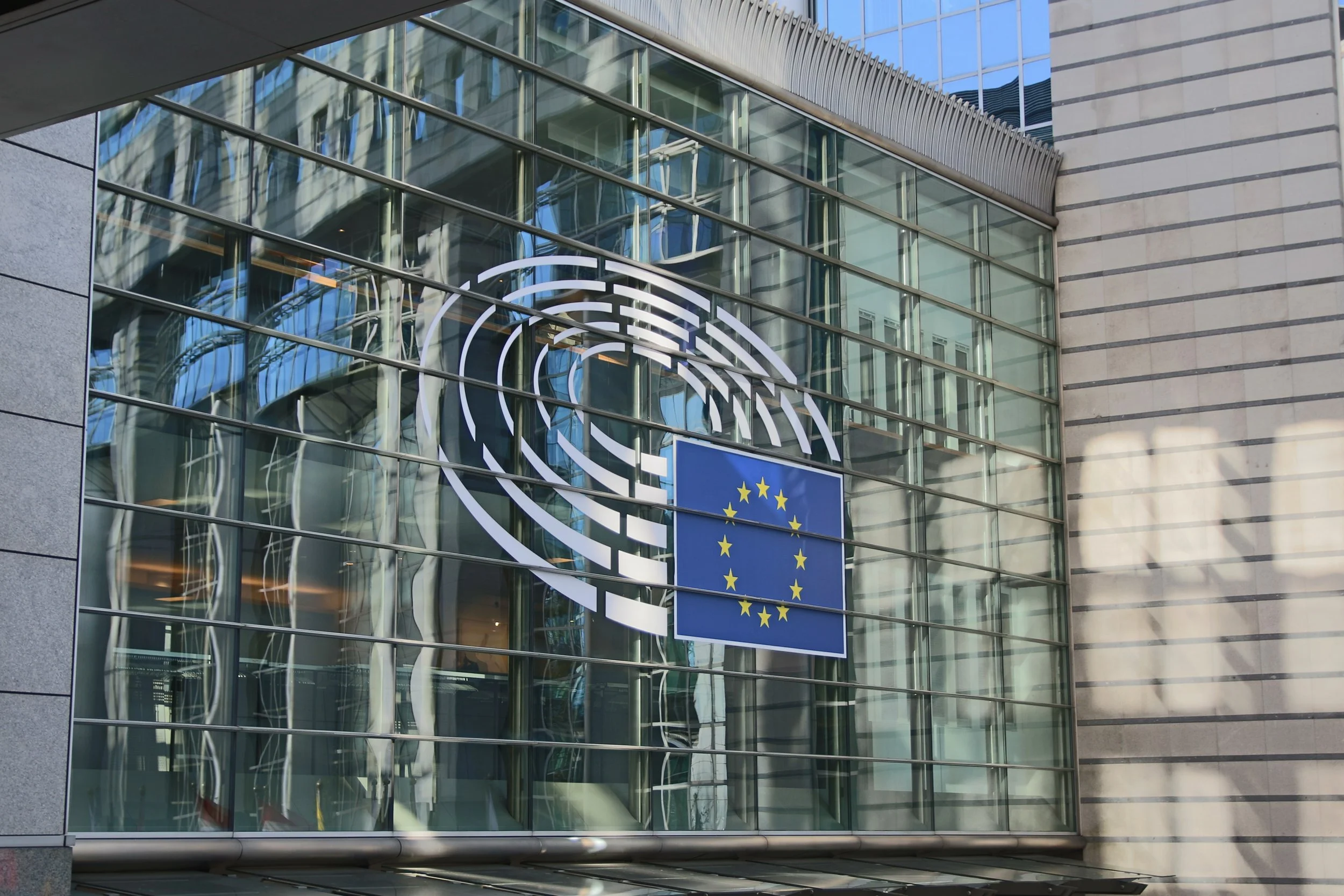Press Release
ECON-ENVI Committee Vote against the EU Taxonomy CDA
June 15, 2022
The International Sustainable Finance Centre (ISFC) welcomes the vote by ECON-ENVI Committee in favour of a resolution to object to the EU Taxonomy Complementary Delegated Act (CDA) on June 14. The CDA would mislead and confuse financial markets by labelling natural gas and nuclear energy as green investments. This result in the two committees gives a good indication for the final vote in the European Parliament on July 4-7, fuelling efforts to safeguard the Taxonomy’s scientific integrity. Our reaction builds on ISFC’s analysis from January.
A green gas label would run counter to the EU’s own RePowerEU plan and aid Russia.
Since the final proposal by the Commission from February 2nd, the Russian invasion on Ukraine has fundamentally changed the assumption that new natural gas-fired power plants can serve as a transitional energy source. Gas has now become a driver of energy supply risks, geopolitical insecurities, and of inflation. The CDA contradicts the RePowerEU plan to swiftly phase out Russian fossil fuels and accelerate the green transition. Meanwhile, it is a myth that the CDA helps countries to diversify and pivot to LNG gas, as neither LNG infrastructure nor gas pipelines are covered under the proposal, but only gas plants.
“Hijacked by vested interests, the EU Taxonomy leaves investors grappling with a mere skeleton of what has originally been a science-based body. The Taxonomy CDA risks creating a new green iron curtain in Europe, which could make some CEE countries more reliant on gas supplies from foreign powers, rather than energy-independent. As a result, the region risks struggling to maintain economic competitiveness in a decarbonising Europe. More importantly, this would come as a financial gift to Putin’s regime, driving a rise in global demand and prices of gas, allowing Russia to wage war over years to come.”
Confusion among the investor community
Contradictory to its original purpose, it has become clear that the green label for gas and nuclear is not helpful to financial markets, as it would raise serious doubts. Also, the CDA brings major additional reporting challenges compared to the Taxonomy’s previous version. Financial actors who spoke out against the CDA include a variety of asset managers and pension funds. The European Investment Bank has criticised the CDA heavily and will apply its own stricter science-based definitions. Other financial institutions will likely follow suit.
In addition to unscientific criteria and implementation challenges, financial markets see two core design flaws in the CDA:
The CDA contains no enforcement or sanction mechanism. Criteria on gas and nuclear are solely based on voluntary commitments far in the future. This is a huge credibility issue to investors.
It also goes against the principle of technological neutrality and does not create a level playing field. Instead, it skews the market as it cherry-picks natural gas based on future promises over other technologies such as geothermal energy or hydropower, which both are subject to stricter conditions.
All in all, the Taxonomy CDA does not deliver on the Taxonomy’s core purpose to harmonise financial markets. Instead, it creates more confusion than it solves, and it comes with some unpleasant side-effects. The Parliament should vote the CDA down and push to restore the Taxonomy’s original, science-based design.

